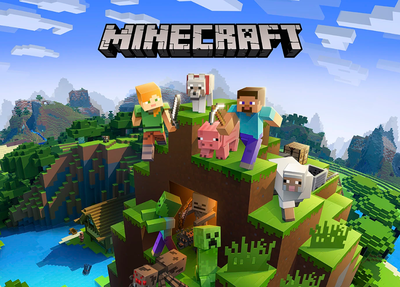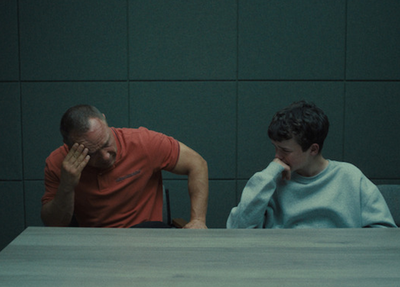The aftermath of Tiger King
Rebecca on Nov. 18, 2021
Season two of the notorious limited series Tiger King is now out on Netflix. Given the impact of season one we wanted to sense check how wild things are now for Joe Exotic and co.
Spoiler alert: We’re talking about plot and theme details in this series but have tried to avoid major plot spoilers. Still, proceed with caution.
As Tiger King season two is unleashed internationally this month we checked in to see both how the story had developed and if the themes are being correctly signposted for Netflix’s audiences.
In 2020, Tiger King (season one) was released at the beginning of lockdown in Aotearoa and for many other countries around the world. At the time we were concerned that Netflix’s self-rating of “16+ language” was insufficient warning for some of the darker themes that were revealed during the course of the story. Netflix agreed to our advice to change their warning note to include ‘Suicide, violence, animal cruelty, drug use and offensive language’.
Season two is limited to five episodes, and the entire series is currently rated 16+ suicide, violence, animal cruelty, drug use, offensive language by Netflix. It follows the familiar format of season one with a lot of ‘talking heads’ (people talking to an interviewer just off camera) and documentary footage. That footage is a mix from season one or documentary footage that has been shot subsequently by returning to characters whose lives have significantly changed since season one aired.
As we have come to expect, the characters are wild, foul mouthed and opinionated. There’s plenty of speculation thrown around, and plenty of bad blood between people. There is a notably high level of offensive language, and discussion about death threats against other people (including threats to authorities).
But there’s also been a change of heart for others. With some characters now more subdued, repentant, or notably absent in the new footage. Joe Exotic remains in jail (and we only see his prison call video footage speckled throughout), and many of his newfound outspoken advocates are people inspired by season one.
Animal rights group PETA and the Federal Government are hot on the tails of several wild animal keepers made famous in season one. The treatment of animals is depicted throughout and there is discussion of animal cruelty to justify the involvement of authorities and the cases in front of the courts.
There’s no discussion of suicide or self-harm, and minimal discussion of drug use.
In 2020 we interviewed our Youth Advisory Panel to understand the show’s impact on rangatahi. We wanted to know how they felt about the treatment of animal cruelty, sexual violence, suicide and drug use:
- “Joe was so desperate for attention and love from people. It doesn’t seem like the animals actually meant much to him.”
- “The cats give him power, and they give him money. That’s not what I would call love”.
- “Cruelty to other people is examined just as much as the cruelty to animals. Both groups are exploited.”
Those statements resonate for season two as much as for season one. If you’re considering whether to watch it with younger members of your whānau then we recommend the show for audiences 13 and older. The themes are very adult in nature and the discussion and depiction of animal treatment is alarming enough to mention.
Help information
At the Office we know that everyone has a line. What might seem like an easy watch for one person could be different for another. In this blog it's highlighted that there’s language and discussion of harm that could be upsetting. If the content of this blog has made you feel uncomfortable please reach out. Talk to your friends or whānau or you can free call or text 1737 for more support.
Subscribe to our blog
Stay up to date with the Classification Office blog.


